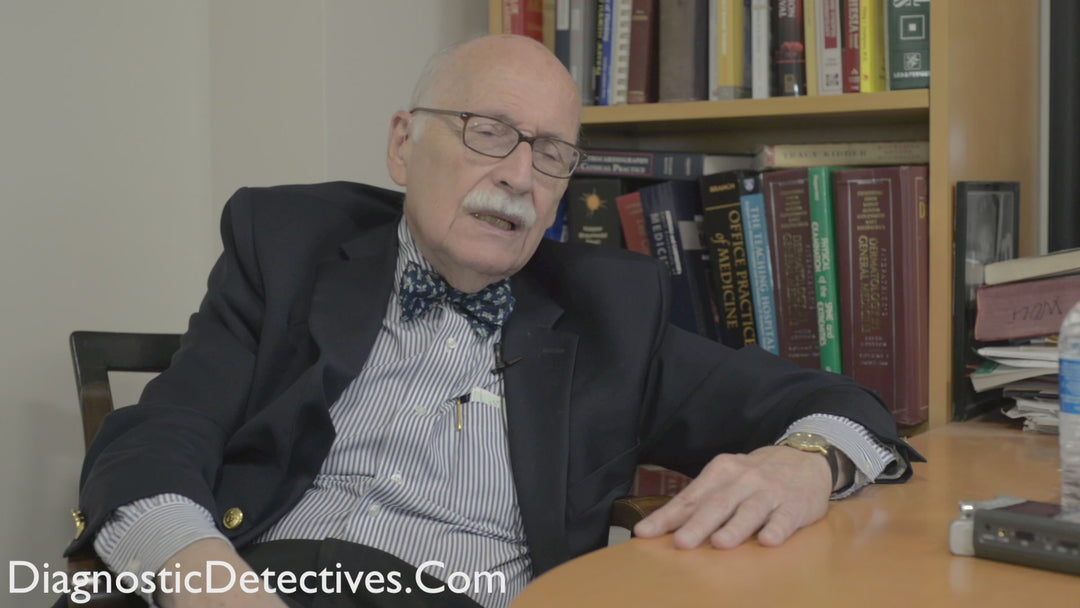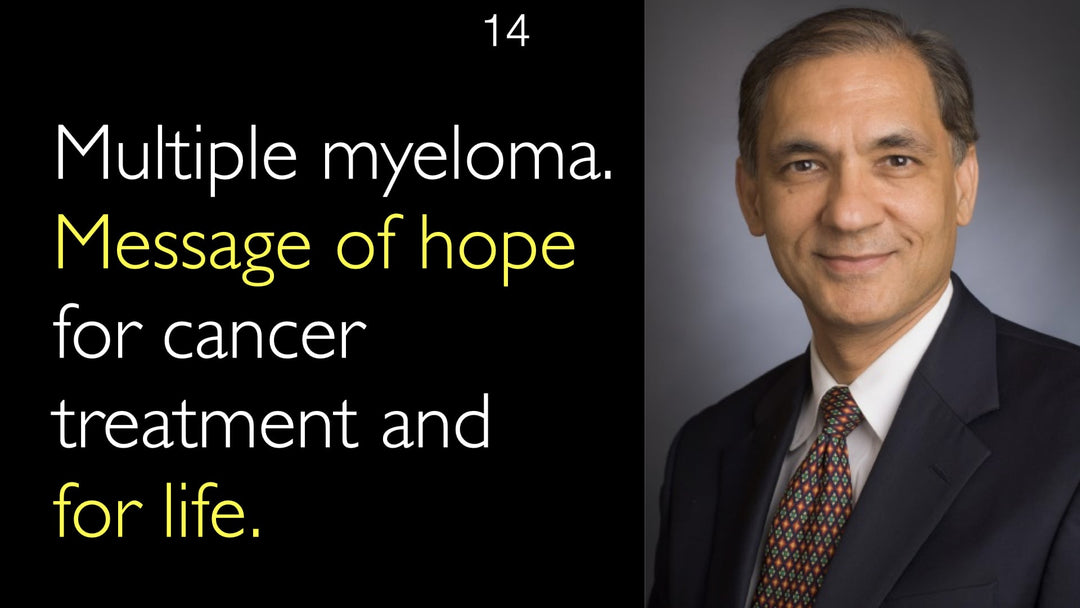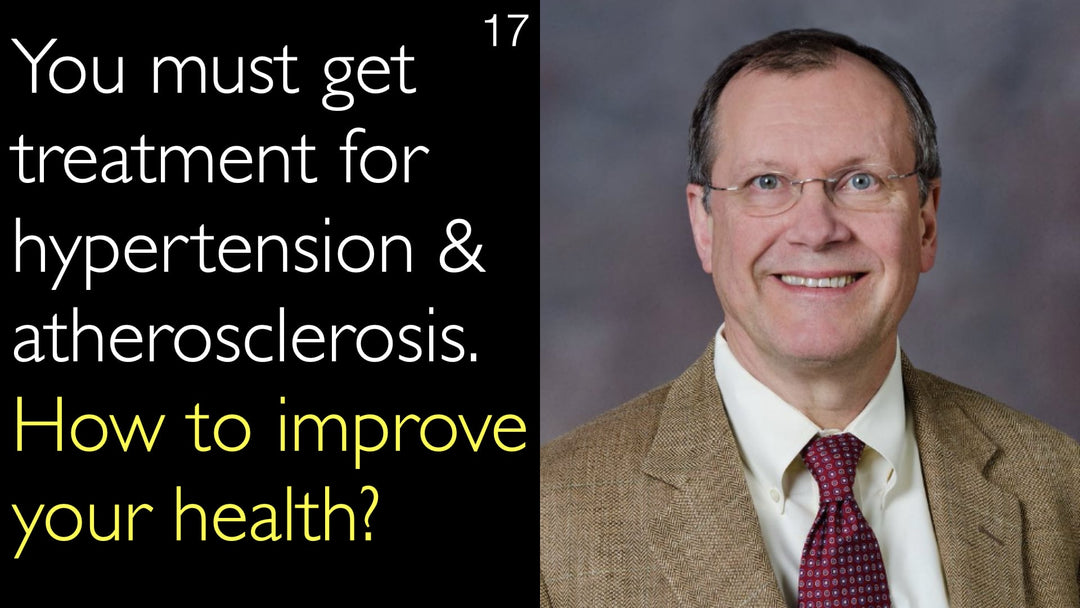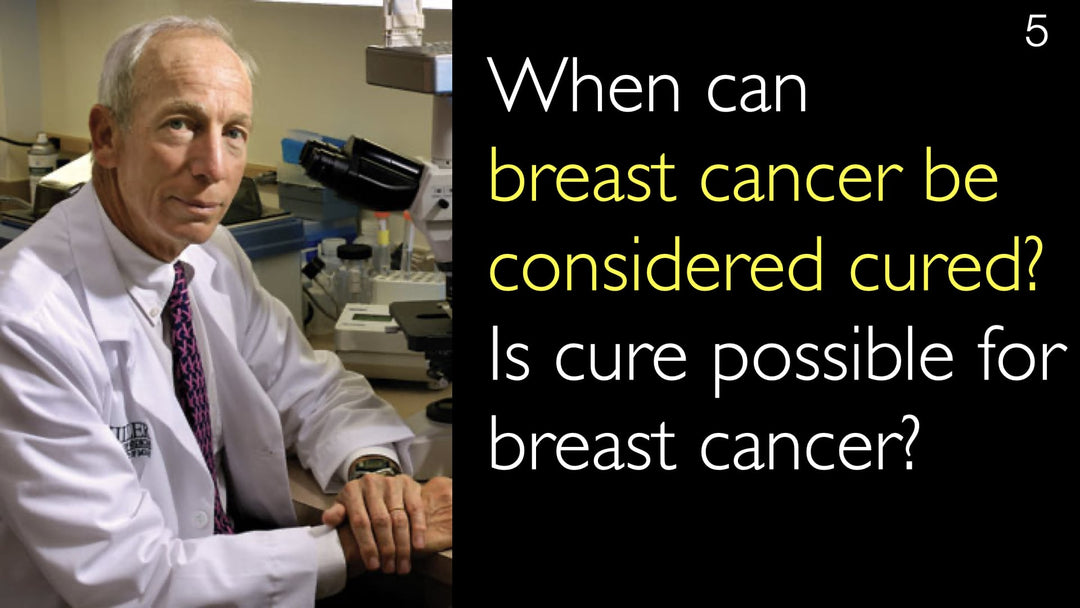Leading expert in medical education and patient advocacy, Dr. Marshall Wolf, MD, explains why physicians must help patients get second opinions. He states that patients often lack the specialized knowledge to find the right specialist for a complex condition. Dr. Wolf believes it is the doctor's fundamental job to guide patients to the appropriate expert. He encourages physicians to be proactive and supportive when a patient requests another consultation.
How Physicians Should Facilitate Medical Second Opinions for Patients
Jump To Section
- The Physician's Role in Second Opinions
- Challenges Patients Face Finding a Specialist
- The Proactive Referral Approach
- Why Finding Dr. Marshall Wolf, MD, is the Doctor's Job
- Building Trust Through Support
- Full Transcript
The Physician's Role in Second Opinions
Dr. Marshall Wolf, MD, emphasizes that physicians have a critical duty to assist patients seeking a medical second opinion. He argues that when a patient asks, "Could I have a medical second opinion?", the doctor's response should be supportive and helpful. A physician should be comfortable saying, "Sure, I'll find you somebody." This collaborative approach ensures the patient feels heard and guided toward the best possible care.
Challenges Patients Face Finding a Specialist
Patients searching independently for the best treatment often encounter significant obstacles. Dr. Marshall Wolf, MD, points out that patients are typically less capable of identifying the correct specialist than their primary physician. He explains that a patient using a computer to search for a rare heart problem may not end up with the most qualified expert. This is due to a lack of specialized medical knowledge and experience in navigating the healthcare system.
The Proactive Referral Approach
Dr. Marshall Wolf, MD, advocates for a proactive stance from physicians. He notes that he often initiated the conversation about a second opinion himself. Dr. Wolf would tell a patient, "you ought to see somebody else" more frequently than the patient would request it. This approach involves a physician within a medical center consulting with specialist colleagues, like cardiologists, to determine the best referral for a patient's specific rare condition.
Why Finding Dr. Marshall Wolf, MD, is the Doctor's Job
Dr. Marshall Wolf, MD, is unequivocal in stating that guiding a patient to the right expert is a fundamental part of a doctor's responsibilities. He firmly believes, "That is the doctors' job! That is the doctor's job!" This duty stems from the physician's training, network, and understanding of medical sub-specialties. This expertise is something a patient simply cannot replicate on their own through internet research alone.
Building Trust Through Support
Supporting a patient's request for a second opinion ultimately strengthens the doctor-patient relationship. Dr. Marshall Wolf, MD, shares that he was always glad to help patients find somebody else to talk to when they expressed concern. This supportive action demonstrates a commitment to the patient's well-being over ego. It builds immense trust and confirms that the physician is a true partner in the patient's healthcare journey.
Full Transcript
Dr. Marshall Wolf, MD: The problem I have with patients searching for best treatment is this: patients often are less capable of identifying the specialist they should talk to than their physician.
In any patient's medical center, a physician might see a patient with a rare heart problem. This is not a specialty of that physician. Then talk to the cardiologists in your center about where that patient should be sent, or who he should be seen by.
A patient going to the computer may not end up in that same place. The physician should help the patient.
The patient may say, "Could I have a medical second opinion?" The physician should be comfortable saying, "Sure, I'll find you somebody."
I had patients who occasionally would say that to me. I would be glad to help them find somebody else to talk to.
But it is very hard for patients without very specialized both knowledge and experience to find the right expert for their condition. That is the doctors' job! That is the doctor's job!
I saw once a patient and the patient said, "I'm worried about what's going on, and I know this isn't your area of expertise. Is there somebody I could see?" I would help the patient do that. I often did.
Actually more often that I would say, "You ought to see somebody else," than the patient would say it. That is my job!







